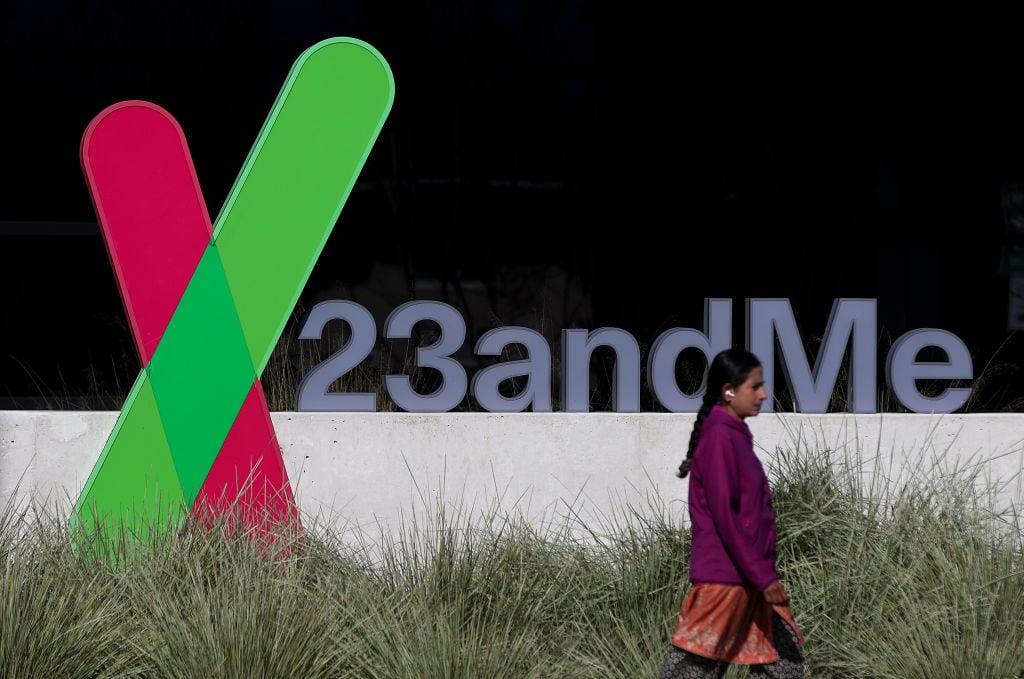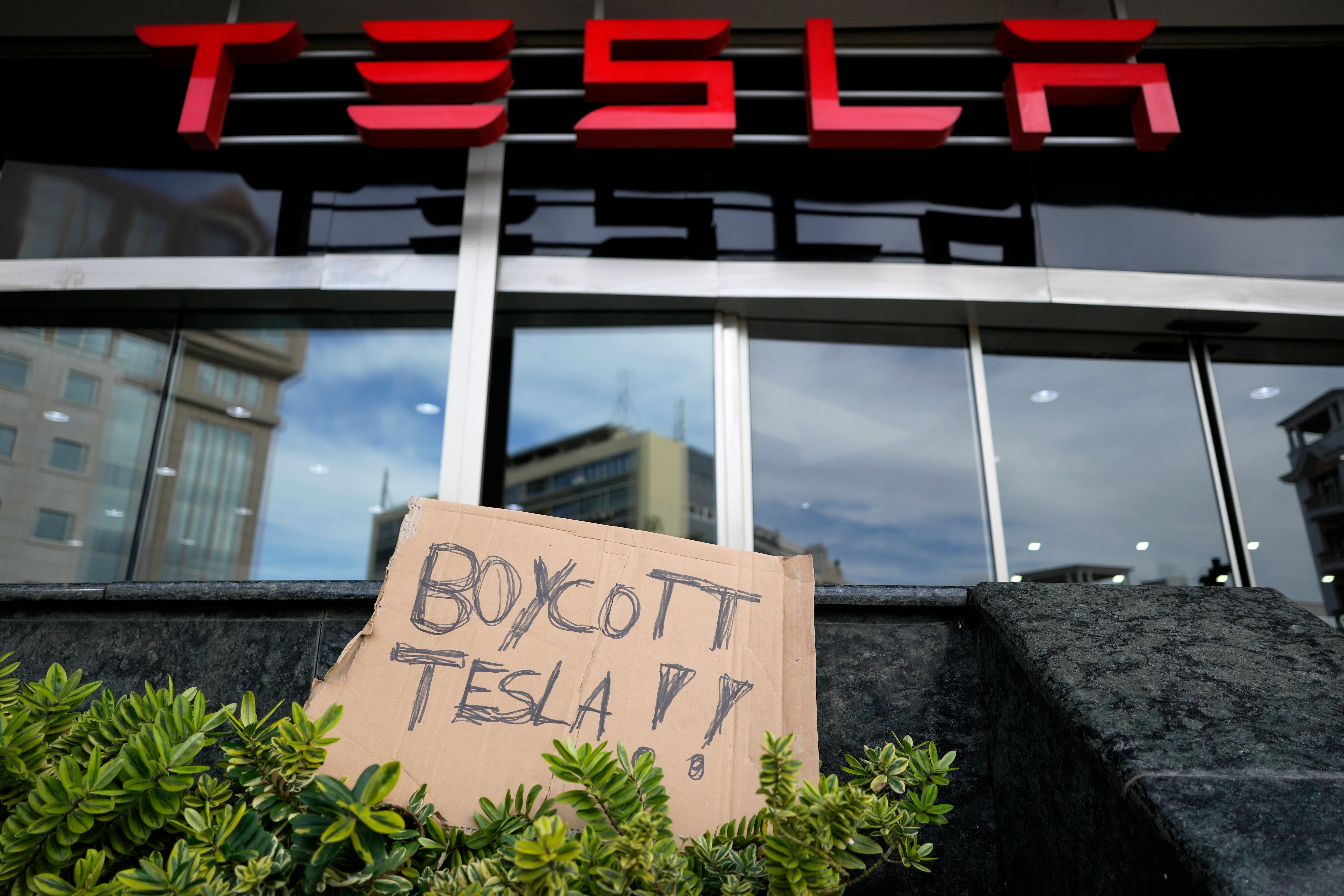American pocketbooks are taking a blow as COVID-19 continues to surge in the U.S. and for minority communities, the pandemic is highlighting long-standing economic disparities that are likely to continue, Damon Jones, an associate professor at Harris School of Policy at the University of Chicago told Cheddar.
"The difference in wealth are for many reasons that have historical roots. They're driven by past events related to structural racism and discrimination, and then they persist over generations," Jones said.
Jones recently co-authored a working paper on how income shocks, like the one many Americans are facing due to coronavirus-related shutdowns, affect people in various racial groups.
While minority communities have been hardest hit by COVID-19 from a health standpoint, the economic impact is just as great, according to Jones, who said, "Black households had to cut spending more than 50 percent more than white households when they lose income."
"Latinx households had to cut their spending by 20 percent more than their white counterparts, and we think those patterns are likely to continue during the pandemic," he added.
Jones said there is a path toward economic equality in the United States, but in order to get there we must first work to stop the spread of coronavirus.
"The primary thing we need to do is get a handle on the pandemic itself and the public health crisis," he stated.
Last month during a hearing focused on health and the wealth gap in America, Jones testified before Congress and outlined potential steps the government could take to address wealth disparities, starting with a plan to expand Medicaid eligibility as Americans — particularly Black people — lose employment and health insurance coverage. Other steps Jones suggested included federal funding to state and local governments that are better equipped to address issues like homelessness and affordable housing.
"All of the economic solutions that I have been talking about, sort of don't work unless you address the issues with the public health crisis," Jones said.












